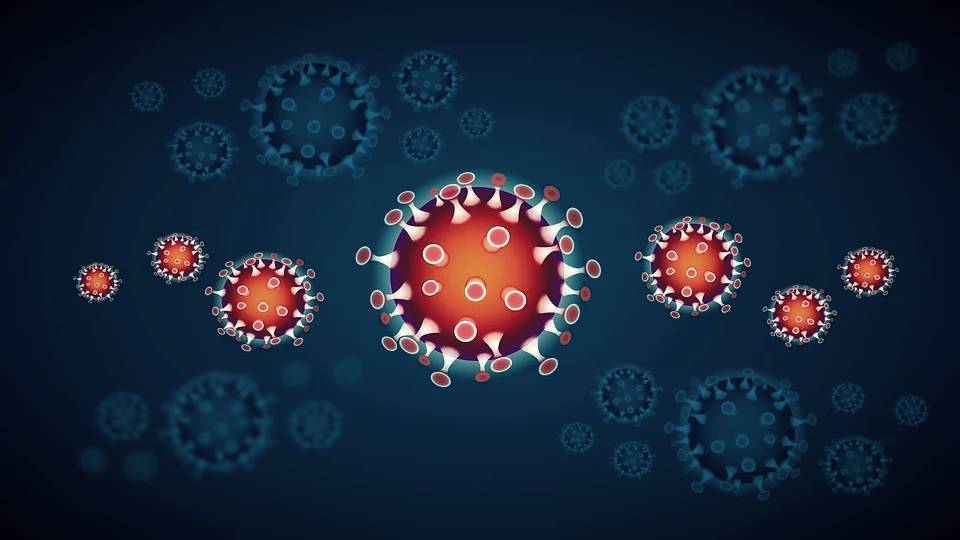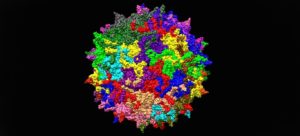Harvard Research: New Coronavirus isolation measures should be extended to 2022

On April 14th, Foreign Media reported that a new study published in Science by a Harvard research team. The study showed that a blockade could not prevent the spread of the new coronavirus. The study also showed that intermittent social isolation may be extended to 2022 Years to prevent the hospital from being overwhelmed.
The Harvard research team used the seasonality, immunity and cross-immunity estimates of the virus to establish a new coronavirus transmission model. Through computer simulations, it was found that new coronary pneumonia may become the same seasonal virus as the common cold. In cold months The lower transmission rate will be higher.
Researchers say that on the basis of closely related coronaviruses, the best assumptions will give people immunity for a year. If a person is infected with the usual coronavirus (beta-coronavirus), which causes a cold, then there may also be cross-protective immunity against new coronary pneumonia.
But it is certain that the virus will continue to exist because it does not bring enough immunity and time for immunization. So that the new epidemic of coronavirus completely disappears after that, just like the outbreak of SARS in 2002-2003.
Lead author Stephen Kissler said: “We found that one-time measures of social exclusion may not be enough to maintain the incidence of new coronavirus within the scope of American intensive care. Without other treatment, Intermittent social isolation is very necessary. “
As treatment and vaccines are provided, the duration and intensity of the blockade can be relaxed. The intermittent isolation will also allow the hospital time to improve the nursing capacity of critical patients to cope with the surge in cases that may occur after the measures are relaxed.
Co-author (Marc Lipsitch) said: “By allowing the transmission period to reach a higher prevalence than other transmission periods, you can accelerate the acquisition of group immunity. On the contrary, complete social isolation can be a bad thing. In the simulation In the context of social isolation, this is very effective, but it does not make people immune, so an intermittent method is needed. ”
The researchers noted that the study was conducted on the basis of the model, although it is consistent with current data, still based on a number of assumptions. In addition, the main drawback of the model is that little is known about how strong the immunity is for previously infected people and how long the immunity lasts.
Also Read:
Nintendo Switch: New firmware indicates console with two displays
OnePlus 8/8 Pro mobile phone is officially released
The most important Windows 10 update this year Fix a big wave of errors








